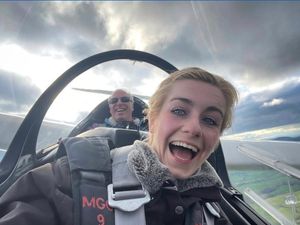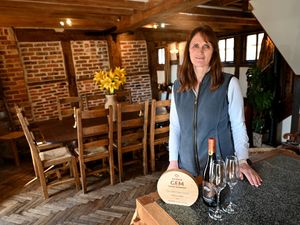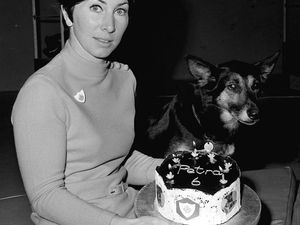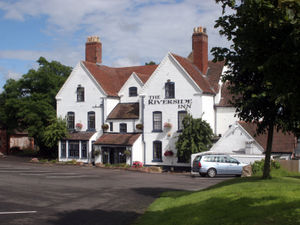Giving blood: What it involves and how you can donate
From accident and burn victims to heart surgery patients and those battling cancer – a donation of blood is a lifeline in an emergency and for those needing long-term treatments.
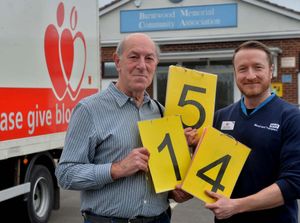
Giving blood only takes an hour and can save or improve up to three people’s lives.
Every year thousands of people carry out this selfless act, but hundreds more new donors are needed every day to meet demand.
The NHS needs 6,000 units of 470ml of blood, which is just under a pint, each day to treat patients across England.
And NHS Blood and Transplant aims to hold at least six days of blood stocks at any given time to ensure it always has the necessary supplies.
This means new donors are always needed to replenish supplies, replace those who can no longer donate and meet the growing need for better-matched blood.
New blood donors from all backgrounds are required to ensure there is the right blood available for patients who need it.
This includes more blood donors of black heritage who are urgently needed as they are more likely to have the blood type needed to treat the increasing number of patients suffering from sickle cell disease.
Around two thirds of the blood donated in England is used to treat medical conditions including anaemia, cancer and blood disorders and nearly a third is used in surgery and emergencies, including childbirth.
Among the patients who benefit from donations of blood is 31-year-old Sadeh Graham, from West Bromwich.
She has sickle cell anaemia and has been receiving blood transfusions to treat the symptoms of her condition since she was 18 months old.
“I wouldn’t be able to count how many bags of blood I’ve had, it’s way over 100. Every time I received blood it was to prevent me from getting sicker or because I was really anaemic or to help me get over a period of illness.
“But as an adult I had a crisis that affected my lungs and I ended up in intensive care. I had a manual blood exchange which is where they take out my blood and replace with donor blood. They had to use 10 bags of blood.
“I made a full recovery. At that time I was at university and I was able to carry on with my Masters and qualify as a pharmacist. The blood exchange procedure takes place every four weeks and I receive eight to 10 bags of blood.
“For me it’s not just life-changing, it’s life-saving. It helps to maintain my life and helps me to have a quality of life. It’s a lifeline for me.”
Sadeh, who was chosen to carry the Queen’s Relay Baton ahead of the 2022 Commonwealth Games in recognition of her work raising awareness of her condition, says she will never stop being grateful to people who take the time to donate blood.

